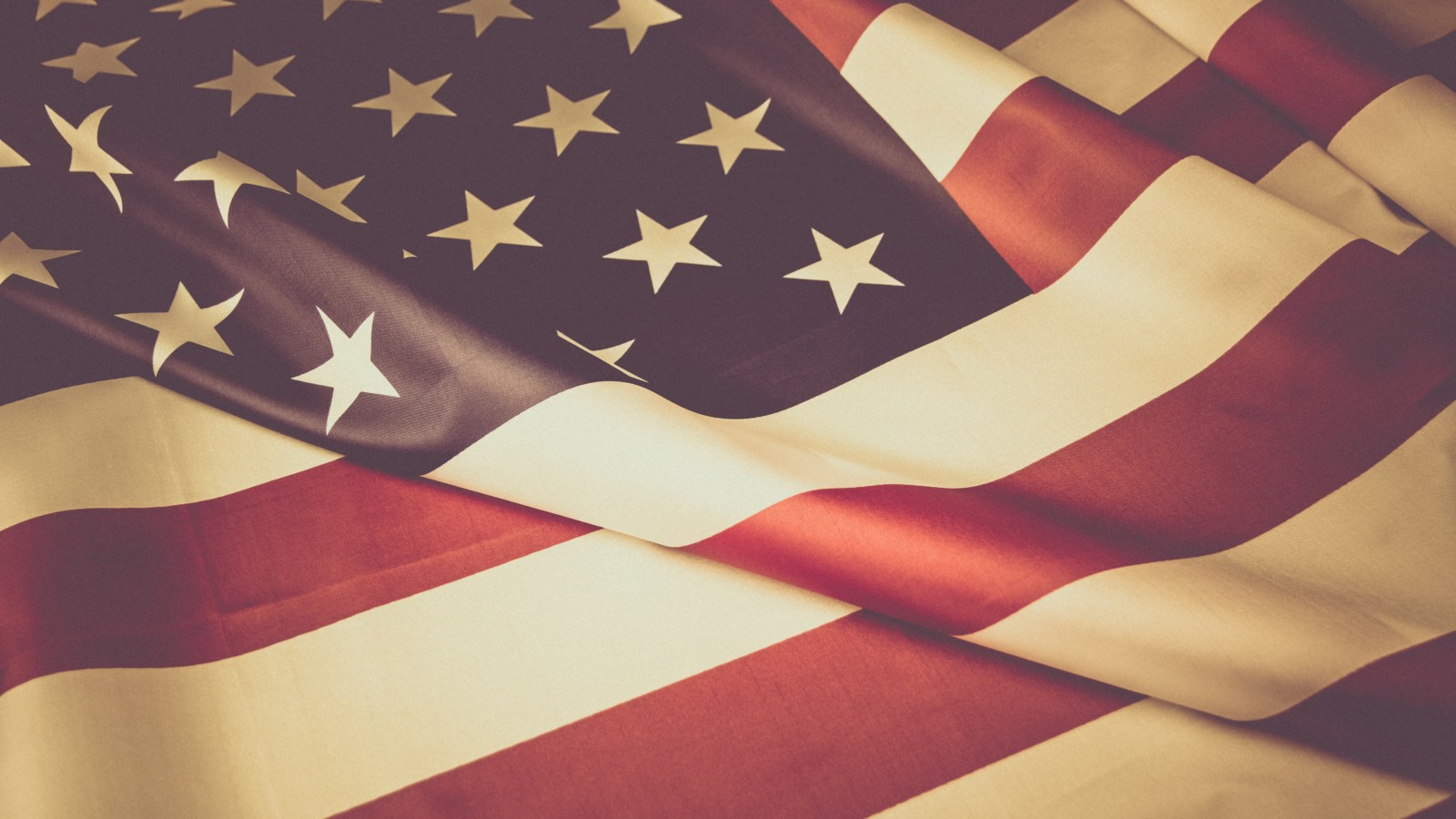In recent years, in the wake of debates over Confederate monuments and horrific episodes of racial violence, there has been intensified discussion of reckoning with the past, of confronting the nation’s history.
Any meaningful reckoning must include the study of American history, yet it is astonishing how little most Americans know about the past; not simply facts and dates but major social movements and political developments.
Of course, historical illiteracy is not new and amnesia is baked into our cultural ethos. Even Thomas Jefferson, whose library included hundreds of history volumes, confessed late in life: “I like the dreams of the future better than the history of the past.”
It seems students of today feel similarly. Once a popular study choice on college campuses, history majors have declined by more than 30% over the past decade. This situation is not recent. “Ignorance of U.S. History Shown by College Freshman,” read a headline in the New York Times. The date was April 4, 1943. The article stated that 82 percent of the colleges in this country do not require the teaching of United States history for an undergraduate degree.
No doubt that percentage has only increased as schools have moved away from core or distribution requirements, and those that still have them allow for various courses to fulfill
history education. More often than not, there is no American history requirement. If history education is collapsing at universities, it is increasingly absent at public secondary schools. Part of the problem has always been what history to teach. In 1992, an attempt to write National History Standards for public schools ignited controversy over which topics should be taught and the curricular balance between such figures as George Washington and Harriet Tubman.
That battle has been renewed in recent years as some have sought to exploit the culture wars by arguing that the true history of America is the history of the founding fathers and liberty and not the history of race and slavery, as made central in the controversial 1619 project. These have always been false choices. American history does not have one story line: it is both redemptive and reprehensible, a story of freedom, democracy, and opportunity as well as a story of racism, violence, and corruption. Both stories are compelling and intertwined in various ways.
Barack Obama described America as the sum of our dreams. But he knew all too well the nightmares that stalked those dreams. James Baldwin put it best: “American history is longer, larger, more various, more beautiful, and more terrible than anything anyone has ever said about it.”
But why study it? How do we reckon with it, or more precisely how does history reckon with us? The answer certainly is not with George Santayana’s tired adage “those who cannot remember the past are condemned to repeat it.”
As the history of white supremacy and anti-black racism illustrates, remembering the history of slavery and lynching and violence against blacks has not prevented new atrocities from being committed. The reason to study history is not from some hope that knowledge of past events can show us how to navigate current crises. Rather, it is to feel empowered.
When Marin Luther King declared in 1954 “instead of making history, we are made by it,” he did not mean we must be victims of the past. Instead, he was decrying passivity. The lesson of history was that although it is easy to feel oppressed and overwhelmed, we hold fate in our hands. Studying the past teaches that lesson over and over again. What we do matters. John McCain also spoke of the lesson of history. While a prisoner of war in Vietnam, McCain passed the time teaching a course he called “The History of the World from the Beginning.” “I spent days on end going back over those history books in my mind,” he said. In his farewell letter to the American people, McCain offered his final thoughts on America’s meaning and he echoed Dr. King: “Nothing is inevitable here. Americans never quit. We never surrender. We never hide from history. We make history.” Here then is why all Americans should study history. It teaches a simple yet profound truth: our choices and actions make a difference.
Louis P. Masur is Board of Governors Distinguished Professor of American Studies and History at Rutgers University and author of The Sum of Our Dreams: A Concise History of America.
Please go to nslexperience.com and follow @nslexperience to learn more and come along on the learning journey with us!



